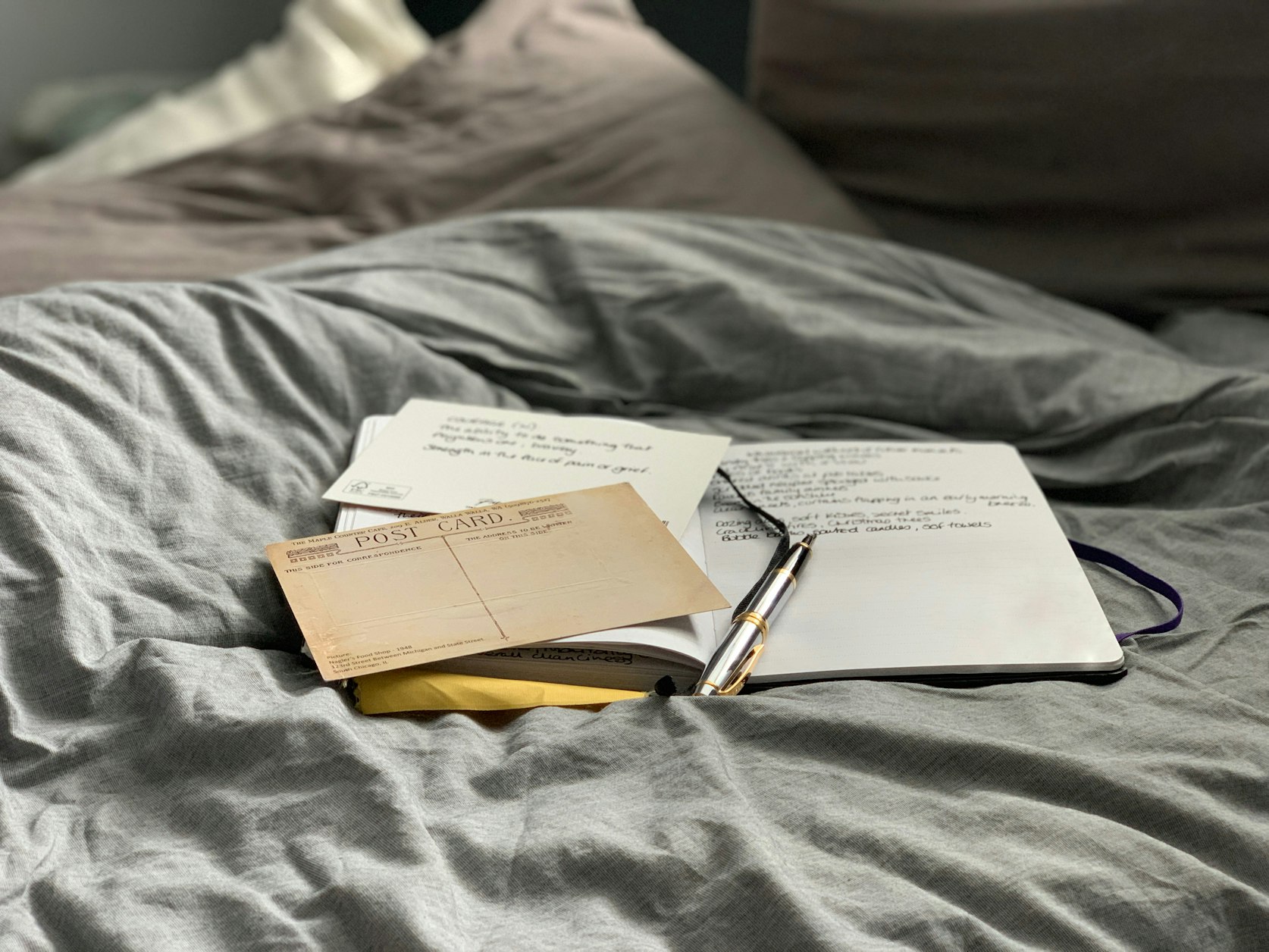
Body + Mind is reader-supported. We may earn an affiliate commission when you buy through some of the links on our site.
Journaling is a powerful way to process thoughts and build self-assurance. The best thing about this activity is that it doesn’t require special skills — all you need is a journal, a pen and an open mind to embrace its benefits. Discover how journaling can help boost your confidence and tips to make it more enjoyable for first-timers.

Here are the key ways journaling helps you reclaim and build confidence:
While journaling is good for your mental health, it can sometimes feel intimidating, especially when you hold certain expectations about it, like you must fill the pages until your hand hurts. However, the truth is, only you can decide what you want to get out of it. Here’s how to make the most of your journaling experience.
Negative self-talk can lead to self-doubt and questioning of your feelings. Do your best to ignore your inner critic while writing. Just write and let your first entry suck. Don’t focus on organizing your thoughts on the first try. The most important thing is to get your feelings and emotions on the page.

Success logging is a conscious habit of recording your wins, both big and small. Did you finally get to the gym? That’s a win. Did you manage to say “no” to an extra commitment? Write it down. Did you close a deal? Celebrate it. The goal is to build a tangible record of your competence to help overcome impostor syndrome.
Make journaling overly easy to do. Write one line, answer a prompt or note how you are feeling in three words. Try simple methods and find your rhythm until you discover what works for you. Some approaches to try include:
Journal prompts provide topics to reflect on, which can be helpful if you’re struggling with conflicting thoughts or want to make journaling a habit. Here are some prompts for when your confidence is low:
Sometimes, we put pressure on ourselves to do something flawlessly, and when we fail, we give up. The thing about journaling is that you’ll never perfect it your first or your fifth time. It takes practice and consistency. Be at peace with missing a day or two. What’s important is that you bounce back.

You don’t need anyone else’s approval to know you’re enough — the proof is already within you. Grab a journal and take a few moments to honestly reflect. Remember to start small. Little steps make it way easier to build a journaling habit that sticks.
Your email address will only be used to send you our newsletter, and at any time you may unsubscribe. For more information, see our Privacy Policy.